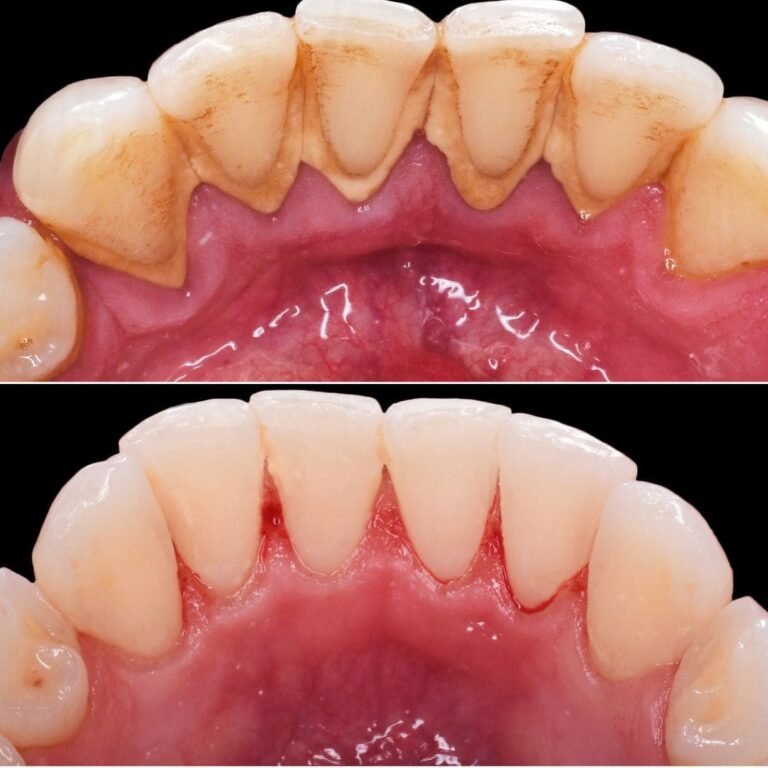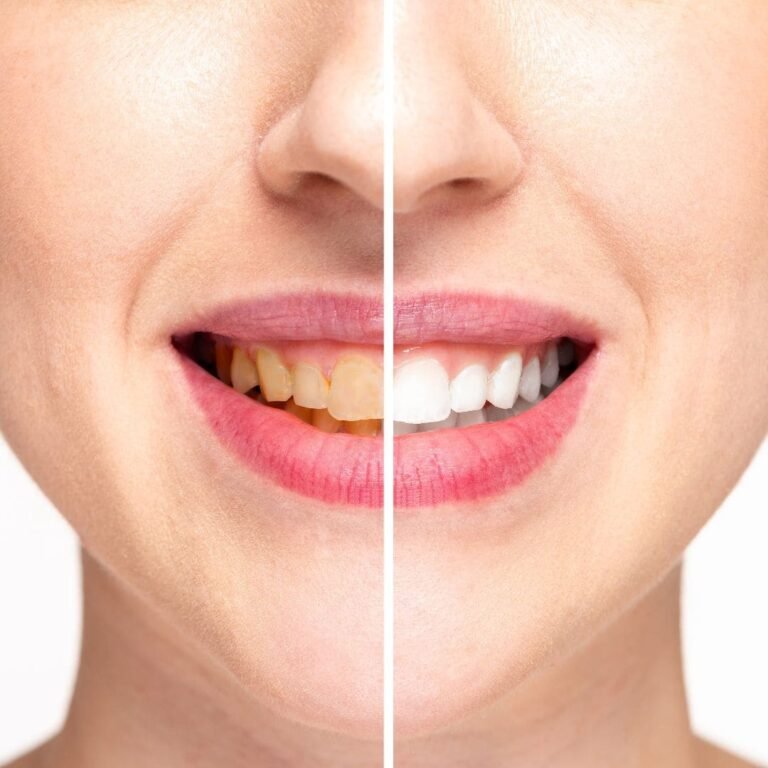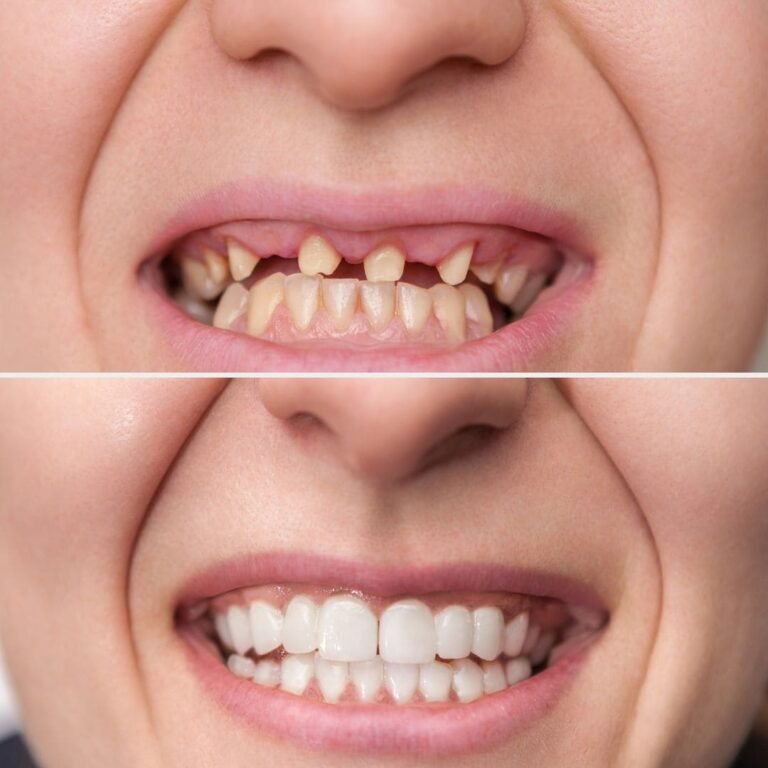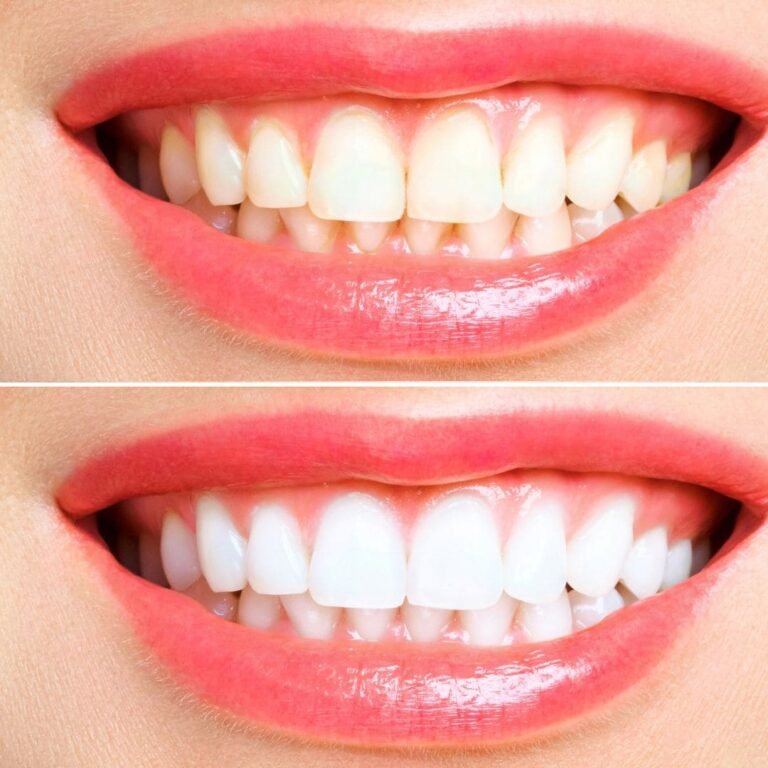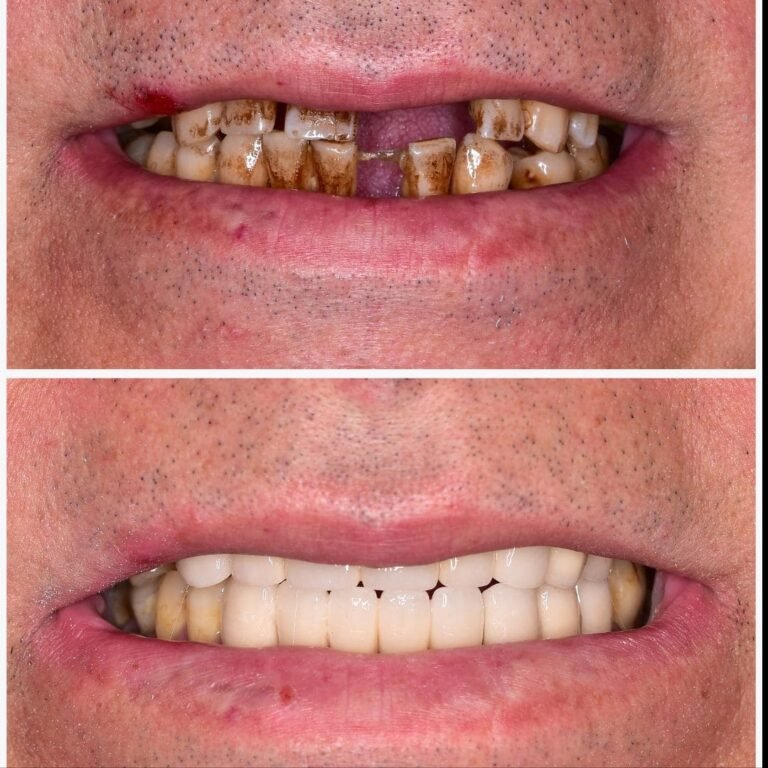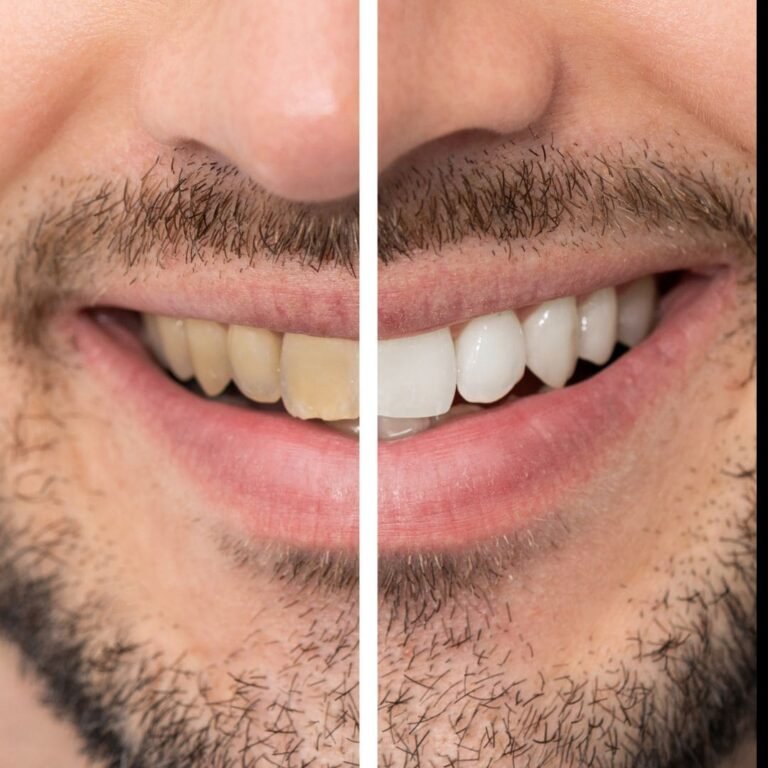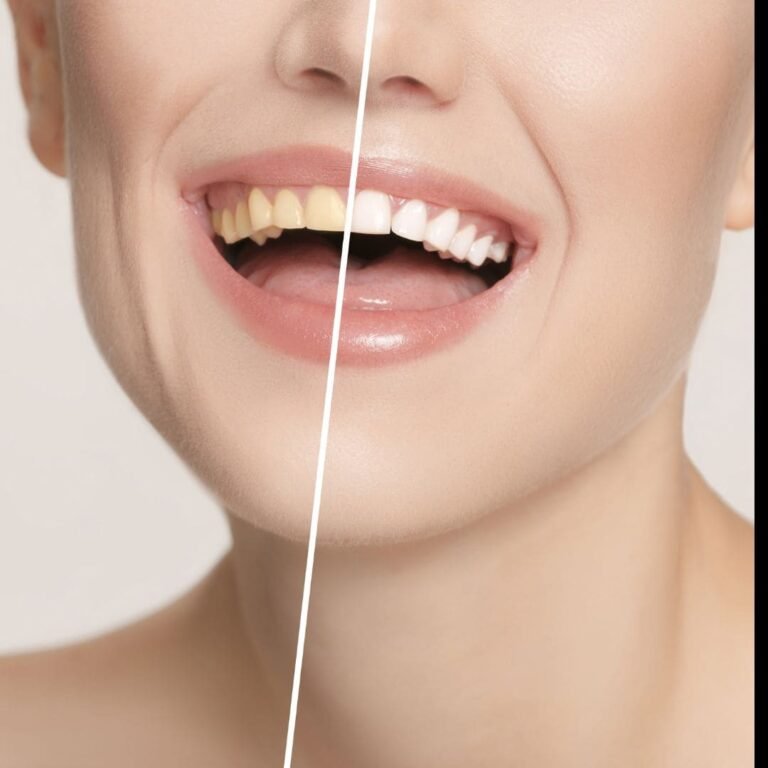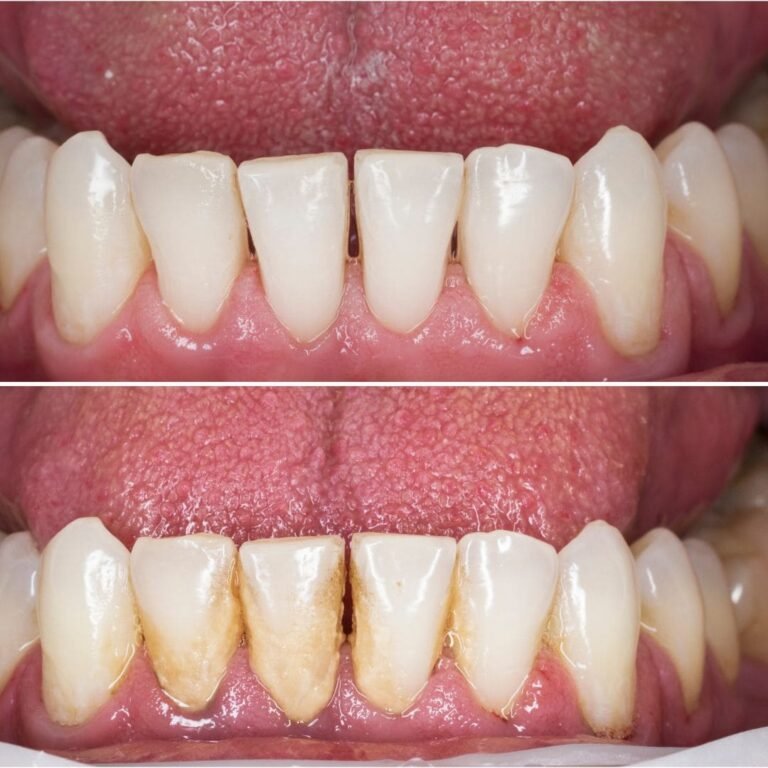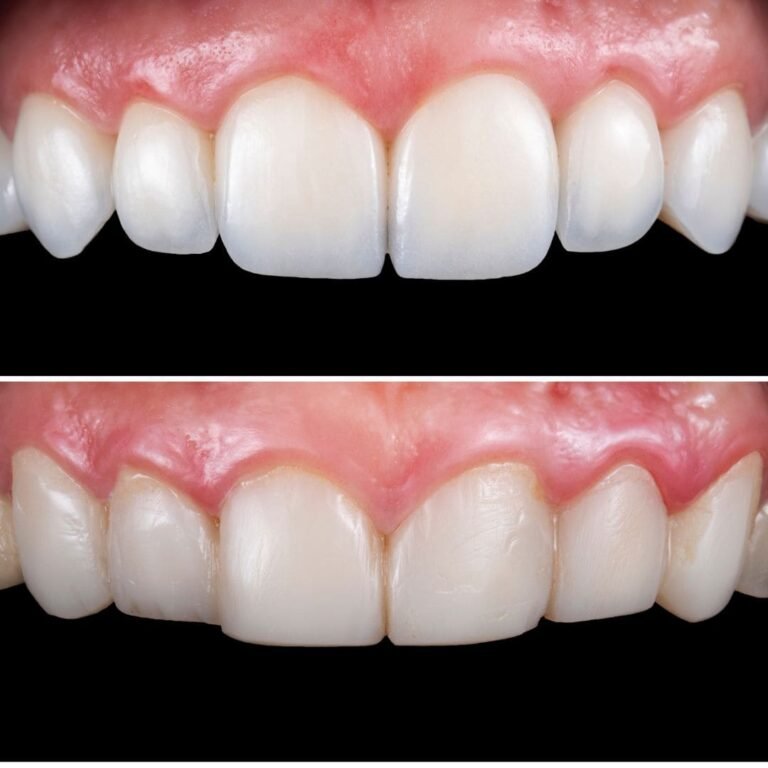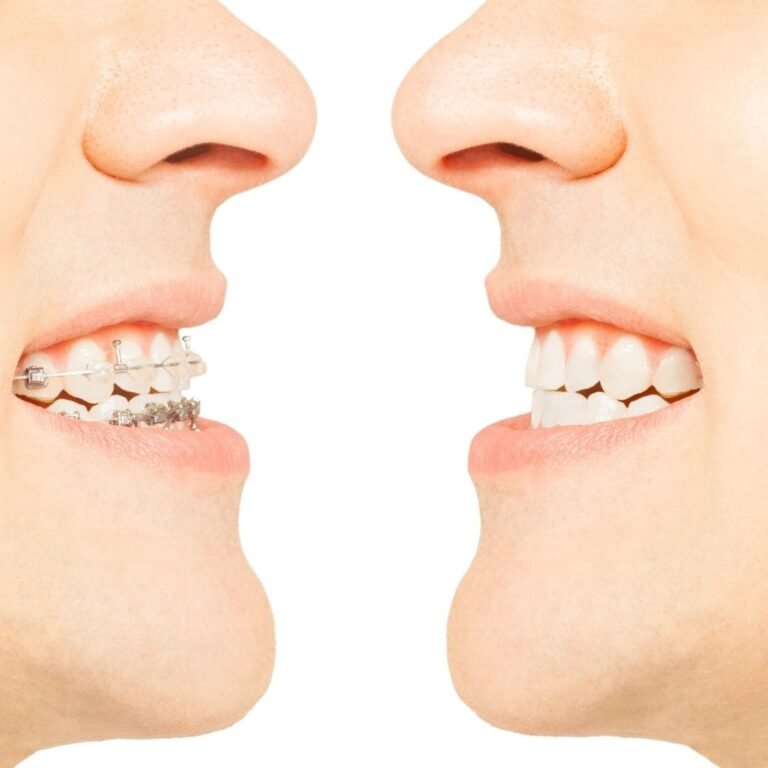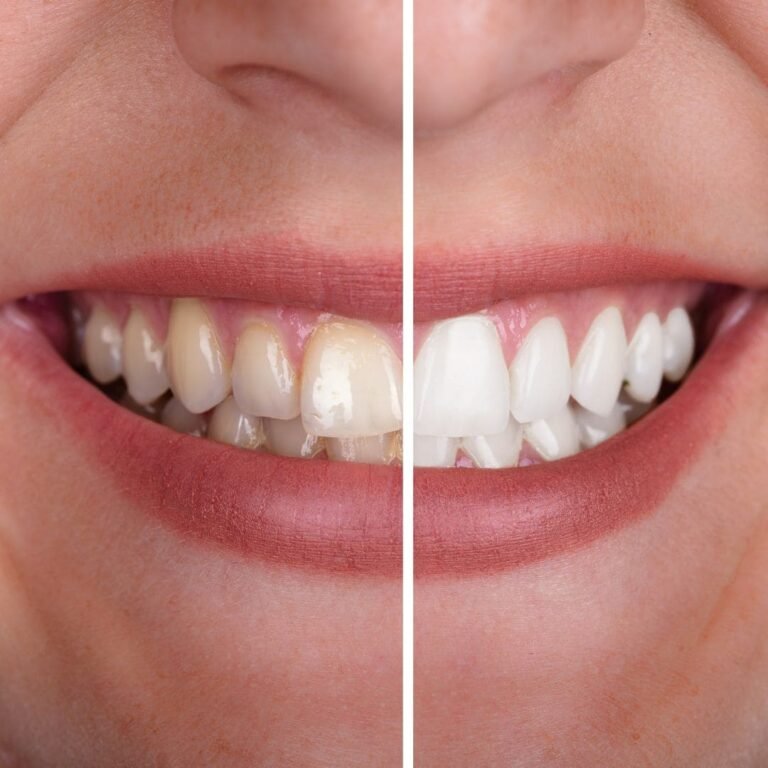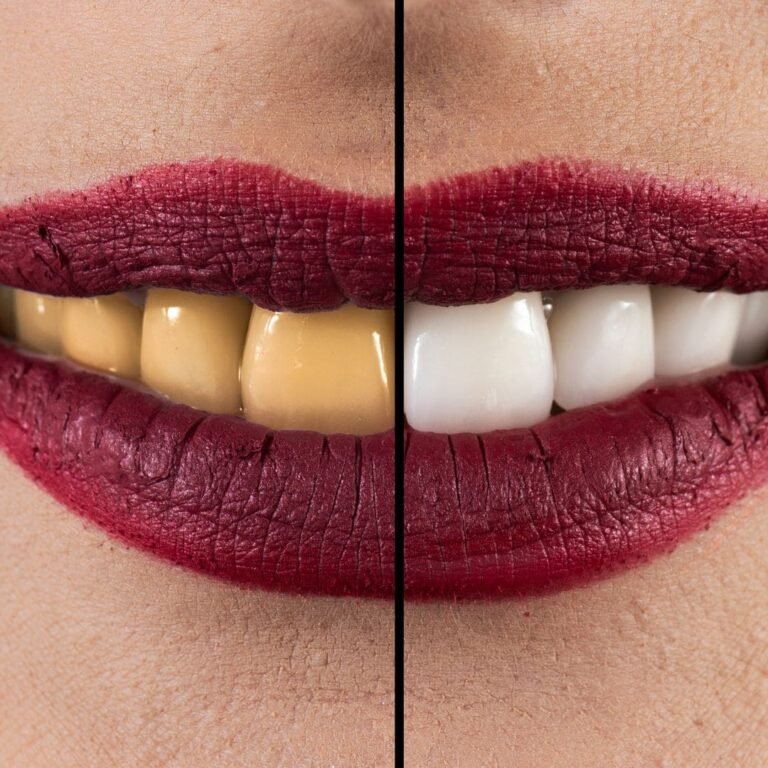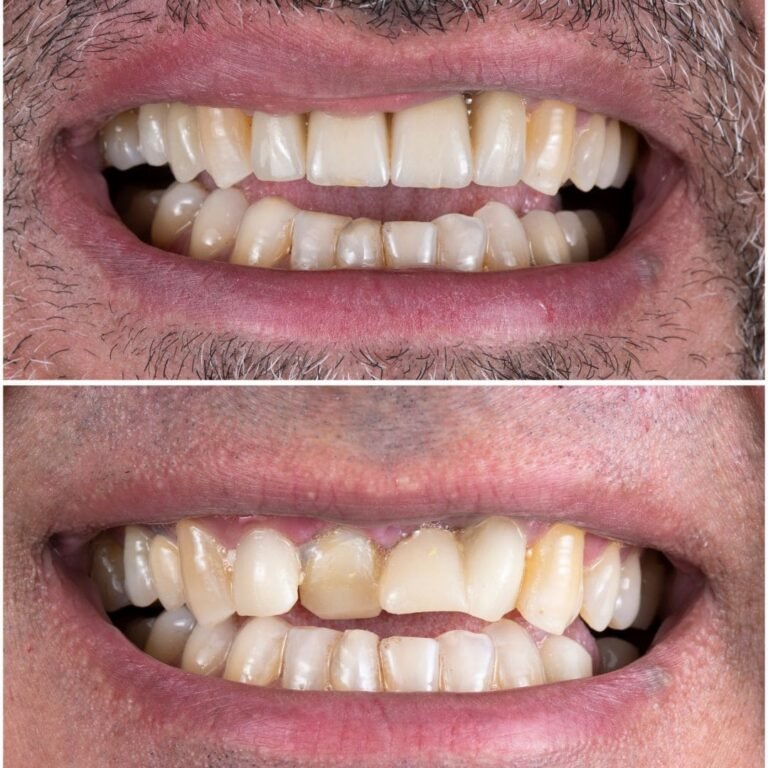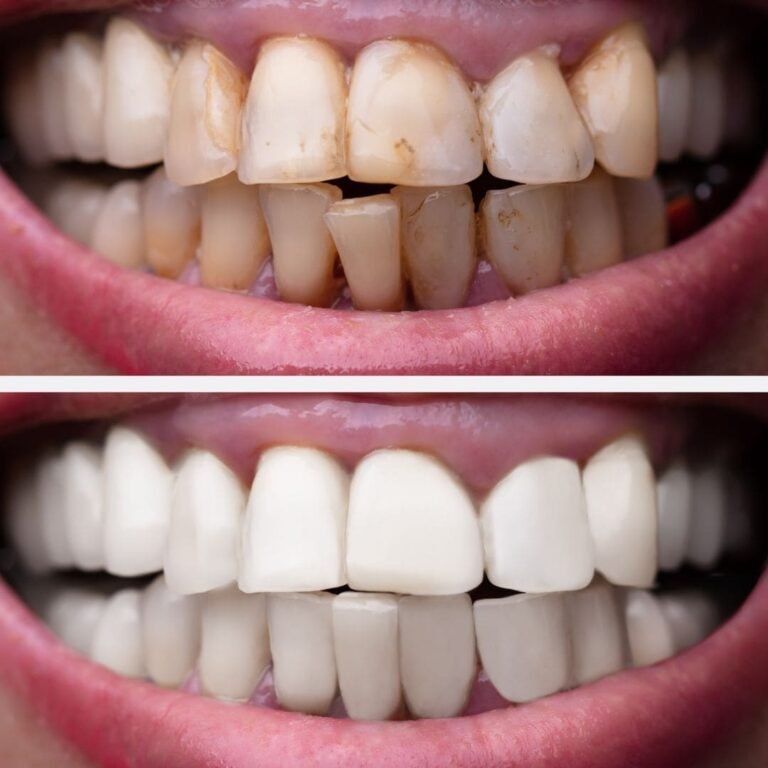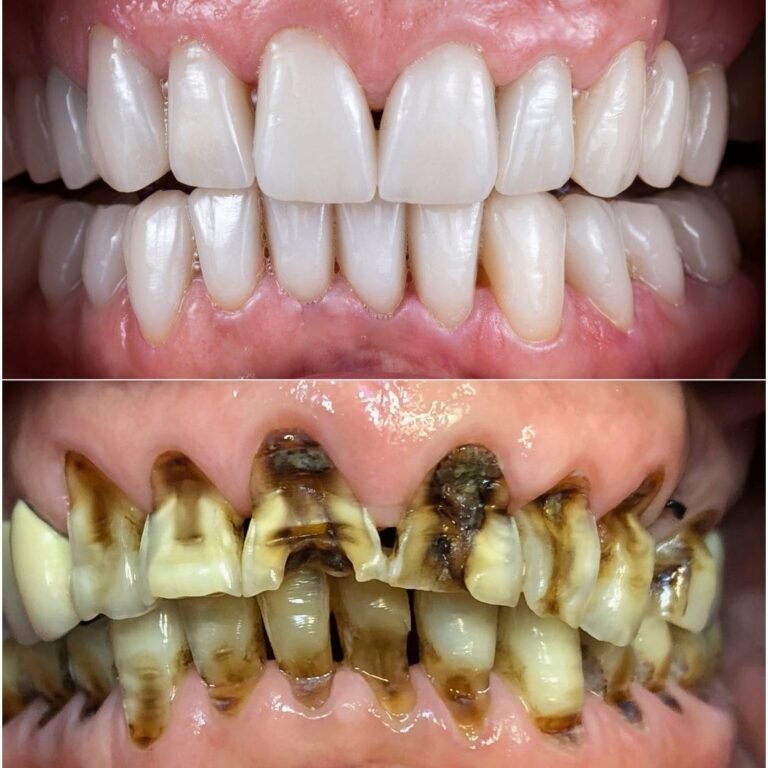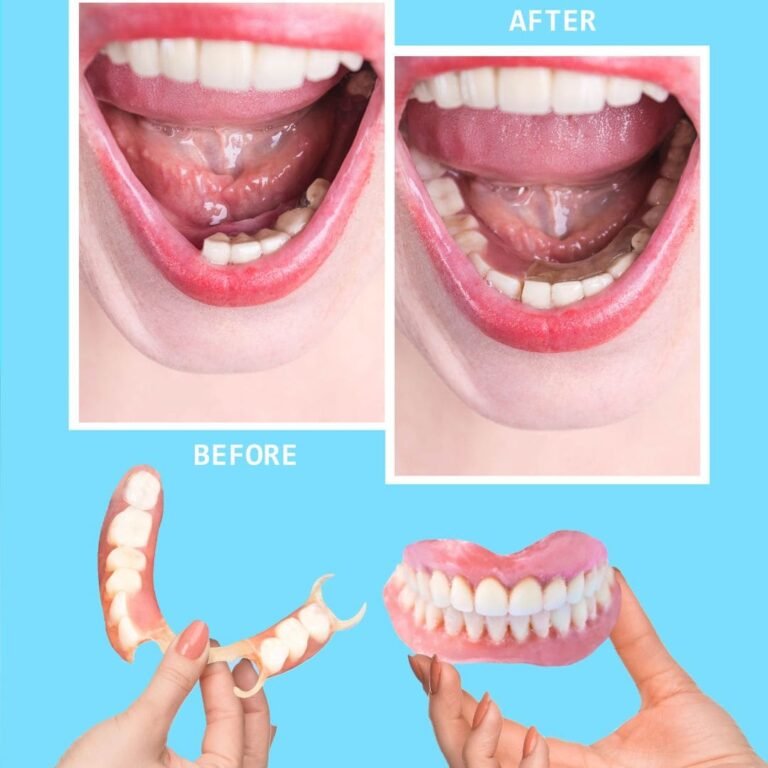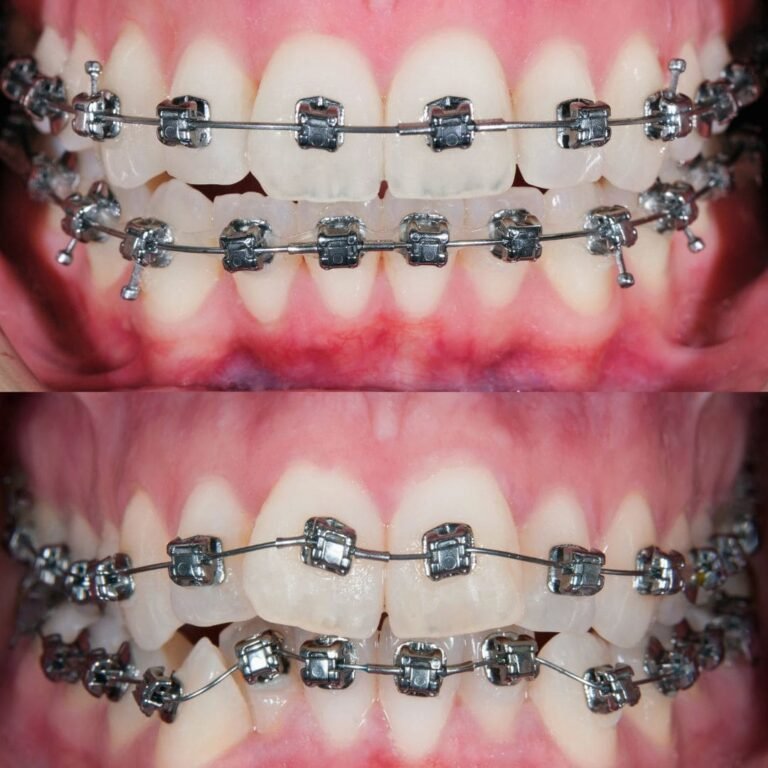Unveiling the Mystery: Dental Veneers in Santa Clarita, CA
Ready for a Healthy Smile? Contact Us Today!
Happy Stories
ExcellentBased on 40 reviews Trustindex verifies that the original source of the review is Google.
Trustindex verifies that the original source of the review is Google. almario FerrerMay 9, 2024Service is great from setting an appointment, follow ups to the actual dental services. Clinical hospitality of staff to the attending dentist is also beyond compare. I feel, I am at home 🏠.Trustindex verifies that the original source of the review is Google.
almario FerrerMay 9, 2024Service is great from setting an appointment, follow ups to the actual dental services. Clinical hospitality of staff to the attending dentist is also beyond compare. I feel, I am at home 🏠.Trustindex verifies that the original source of the review is Google. b Moritz DesignApril 16, 2024Polite, competent, never make feel bad about not being on top of my dental work in years past. Let’s me know what is happening as a procedure is underway. A big thank you to this office and its employees.Trustindex verifies that the original source of the review is Google.
b Moritz DesignApril 16, 2024Polite, competent, never make feel bad about not being on top of my dental work in years past. Let’s me know what is happening as a procedure is underway. A big thank you to this office and its employees.Trustindex verifies that the original source of the review is Google. claudia barraganApril 11, 2024The staff is friendly and very helpful and Dr. Charu is wonderful.Trustindex verifies that the original source of the review is Google.
claudia barraganApril 11, 2024The staff is friendly and very helpful and Dr. Charu is wonderful.Trustindex verifies that the original source of the review is Google. Elizabeth HartmanJanuary 20, 2024Very caringTrustindex verifies that the original source of the review is Google.
Elizabeth HartmanJanuary 20, 2024Very caringTrustindex verifies that the original source of the review is Google. sam khalilDecember 15, 2023Very nice staff and friendly , great and honest service
sam khalilDecember 15, 2023Very nice staff and friendly , great and honest service
Get a Dazzling Smile Now
Call Us Today To
Book An Appointment
Your Oral Health Matters to Us
Dental Veneers in Santa Clarita, CA
Dental veneers, those marvels of modern dentistry, are thin shells custom-made to fit perfectly over your front teeth. Think of them as tiny, tooth-colored disguises for a whole host of imperfections.
Do you want to bid adieu to teeth chips? Dental veneers can do that. Stubborn stains making you smile under wraps? Dental veneers can banish them too. So, they are a secret weapon for a dazzling, picture-perfect grin.
- Revamping Your Smile: Dental veneers come in two main materials: porcelain and composite resin. Porcelain is super strong and stain-resistant, mimicking natural teeth beautifully. Resin dental veneers are a budget-friendly option, but may require touch-ups sooner.
- A Tailor-Made Transformation: The dental veneer journey starts with a consultation with your dentist. They will check your teeth and discuss your goals. If dental veneers are suitable for you, a small amount of enamel is taken off the outer tooth. This makes space for the veneer. Then, impressions are taken to create your custom dental veneers. Finally, during a bonding appointment, your dental veneers are securely attached, and voila – a brand new smile!
How Dental Veneers Work Their Magic
Dental veneers are the ultimate makeover artists for your teeth. Here’s how they weave their smile sorcery:
- Hiding Imperfections: Got chipped or cracked teeth putting a damper on your smile? Dental veneers seamlessly cover them up, creating a smooth, flawless look.
- Staining the Past: Stubborn stains from years of coffee, tea, or red wine can be a real confidence crusher. Dental veneers provide a fresh start, masking discoloration for a brighter, whiter smile.
- Reshaping Reality: Uneven or slightly misaligned teeth can be disguised by dental veneers, creating a more symmetrical and aesthetically pleasing smile.
Dental Veneers: Who would need them?
Considering a dental veneer upgrade for your smile?
- Cosmetically Concerned: If you’re unhappy with chipped, cracked, discolored or uneven teeth, dental veneers can be a game-changer.
- Healthy Teeth Matter: Dental veneers are primarily cosmetic. So, healthy teeth are a prerequisite. Cavities or gum disease need to be addressed first.
- Smile with Confidence: Dental veneers are an investment. If you want to keep your teeth healthy and spotless, dental veneers might be the ideal answer. They can give you a great smile transformation.
The easiest way to find out if dental veneers are right for you is to schedule a consultation with your dentist. What is best for you can be determined with their assistance.
Dental Veneers vs. Crowns
In dentistry, both dental veneers and crowns offer solutions for enhancing your smile, but they serve distinct purposes. Dental veneers function primarily as a cosmetic treatment. These thin, custom-made shells bond to the front surface of your teeth, effectively masking minor chips, cracks, discoloration, or gaps. Conversely, crowns act as both cosmetic restorations and structural reinforcements. The entire tooth is shielded by these coatings. They give important reinforcement to teeth that are badly damaged, broken or have had root canal treatment. They also make the teeth look better.
- Dental Veneers: Ideal for addressing minor cosmetic concerns like chips, cracks, or discoloration.
- Crowns: Best suited for teeth requiring structural reinforcement due to severe damage, fractures or root canals.
A Spectrum of Dental Veneer Options
Dental veneers themselves encompass a range of materials and techniques to cater to individual needs and budgetary considerations.
· Porcelain Veneers: The Gold Standard
Porcelain veneers reign supreme for their exceptional longevity, resistance to staining, and remarkable ability to mimic the natural light interaction of healthy teeth. This popular choice necessitates the removal of a small amount of enamel to ensure a flawless fit.
· No-Prep Veneers: A Minimally Invasive Approach
For patients seeking a smile transformation without the use of drills, no-prep veneers present a viable option. These ultra-thin shells bond directly to the tooth surface, requiring minimal to no enamel removal. But they might not work for every situation. They are also more likely to chip or break than regular veneers.
· Removable Veneers: A Temporary or Budget-Conscious Choice
If you need a quick fix or something cheaper, removable veneers could be the answer. They are also called clip-on veneers and can improve your smile fast. These snap over your existing teeth for a relatively simple fix. It is worth mentioning that these might not fit perfectly. They could affect how you talk.
· Composite Resin Veneers: A Cost-Effective Alternative
Composed of a tooth-colored resin material, composite resin veneers can be conveniently placed in a single appointment. Although cheaper than porcelain veneers, these alternatives tend to stain more easily. They might also need replacing sooner than porcelain veneers.
Dental Veneer Procedure:
Considering dental veneers for a cosmetic dental enhancement? Let us delves into the process, outlining the pre-placement consultation, the veneer placement procedure itself, and essential aftercare practices.
Pre-Veneer Placement Consultation
The initial step involves a comprehensive consultation with your dentist. They will meticulously evaluate your teeth and gums to ascertain if veneers are a suitable option for your situation. Discussions will center around your desired aesthetic outcomes, such as concealing chipped teeth or correcting minor misalignments. X-ray imaging might be necessary to assess for underlying decay. If deemed a suitable candidate, the dentist will proceed with preparing your teeth. This meticulous process involves the removal of a minute amount of enamel to create space for the veneer to seamlessly integrate with your existing dentition. Local anesthetic ensures maximum comfort throughout the procedure. Finally, precise impressions are captured of your teeth, serving as a blueprint for crafting your custom veneers.
Veneer Placement Procedure
Veneers are primarily fabricated from two materials: porcelain and composite resin. Porcelain veneers are famous for being really tough and shiny, just like real teeth. On the other hand, composite resin is quicker to put on. Upon arrival of your custom veneers from the dental laboratory (for porcelain veneers), the placement stage commences. Your dentist will meticulously examine the fit, shade, and overall form to guarantee optimal aesthetic harmony with your smile. Minor adjustments can be made at this juncture to achieve the perfect result. Once everything appears flawless, the dentist will permanently bond the veneers to your teeth using a special light-cured adhesive for unparalleled strength.
Post-Veneer Care: Maintaining Your Dazzling Smile
While dental veneers offer a remarkable cosmetic solution, they necessitate proper care to ensure longevity. It is important to make sure your teeth are clean. You should brush them twice every day. Use toothpaste with fluoride for best results. Don’t forget to floss regularly too. This routine is key to good oral hygiene. Consistent dental checkups and professional cleanings are equally crucial for optimal oral health. Although veneers demonstrate resistance to chipping, it’s advisable to avoid biting down on hard objects such as ice or fingernails. Remember, veneers are susceptible to staining just like natural teeth, so moderation is key when consuming beverages like coffee, tea, or red wine. Rinsing your mouth with water following such consumption is recommended.
Advantages and Disadvantages of Dental Veneers
Advantages of Dental Veneers
Dental veneers consistently rank among the most popular cosmetic dentistry options for a multitude of reasons:
- Aesthetic Enhancement: Cracked, chipped, discolored, or misaligned teeth can be effectively concealed with dental veneers, resulting in a flawless, radiant smile.
- Durability and Stain Resistance: Porcelain veneers, in particular, are celebrated for their resilience and resistance to staining, ensuring a bright smile for years to come.
- Natural Appearance:Dental veneers are carefully made to perfectly blend with the color and transparency of your neighboring teeth. This creates a natural and pleasing appearance.
- Confidence Boost: A beautiful smile can significantly impact your self-esteem. Veneers can dramatically enhance your confidence and encourage you to smile more freely.
Disadvantages of Dental Veneers
While dental veneers offer a plethora of advantages, it’s important to consider the potential drawbacks:
- Irreversible Procedure: The removal of enamel is permanent. If you decide veneers are not the ideal solution for you in the future, dental crowns might become necessary.
- Cost Consideration: Dental veneers can represent a significant financial investment. Discuss financing options with your dentist if necessary.
- Potential for Sensitivity: You might experience temporary tooth sensitivity after veneer placement; however, this typically subsides within a few days.
- Risk of Chipping: Although unlikely with proper care, veneers can chip, necessitating replacement.
Dental Veneers: Enhancing Your Smile, But Are They Permanent?
Dental veneers offer a popular cosmetic dentistry option for achieving a picture-perfect smile. However, potential patients often have concerns about their impact on natural teeth. Let’s explore the relationship between veneers and your oral health.
Dental Veneers: A Conservative Approach to Cosmetic Dentistry
Dental veneers are custom-made shells, typically crafted from porcelain, that are bonded to the front surfaces of teeth. They address a variety of cosmetic concerns, including chips, cracks, discoloration, misalignment and even gaps. Importantly, dental veneer placement involves the removal of a minimal amount of enamel to ensure a secure bond. While enamel cannot regenerate, the amount removed is negligible and prioritizes aesthetics without compromising tooth health.
Durability of Dental Veneers: A Long-Term Investment
Dental veneers, when properly cared for, can be considered a long-term investment. They typically last for a decade or even fifteen years. However, their longevity depends on various factors, including habits like teeth grinding, consumption of hard objects, and oral hygiene practices. These factors can contribute to chipping or cracking of the dental veneer itself.
Maintaining the Integrity of Your Dental Veneers
Optimizing the lifespan of your dental veneers requires a commitment to proper oral hygiene. Here are key strategies to ensure their continued success:
- Meticulous Brushing and Flossing: Maintaining a consistent oral hygiene routine is paramount. Brushing twice daily and flossing once a day effectively removes plaque and food particles that can damage both the dental veneer and the underlying tooth structure.
- Dietary Considerations: Veneers are not invincible. Chewing on hard candy, ice, or using your teeth for anything other than food consumption can lead to cracks or chips. Choose a diet that prioritizes your oral health and the longevity of your veneers.
- Regular Dental Visits: Schedule regular dental checkups for professional cleanings and evaluations. Early detection of any potential issues with the veneers or underlying teeth allows for proactive intervention and prevents more significant problems.
How much do dental veneers cost in Santa Clarita, CA?
Insurance usually doesn’t cover dental veneers because they are seen as cosmetic. You will likely pay between $900 and $2,500 per tooth.
Composite veneers range from $380 to $2,050 per tooth and typically last 4 to 8 years. Traditional veneers often end up being the most affordable in the long run.
The cost of dental implant surgery varies based on factors like:
- how many and what types of implants are needed
- where the implants go in the jaw
- if any extra procedures are needed before surgery.

